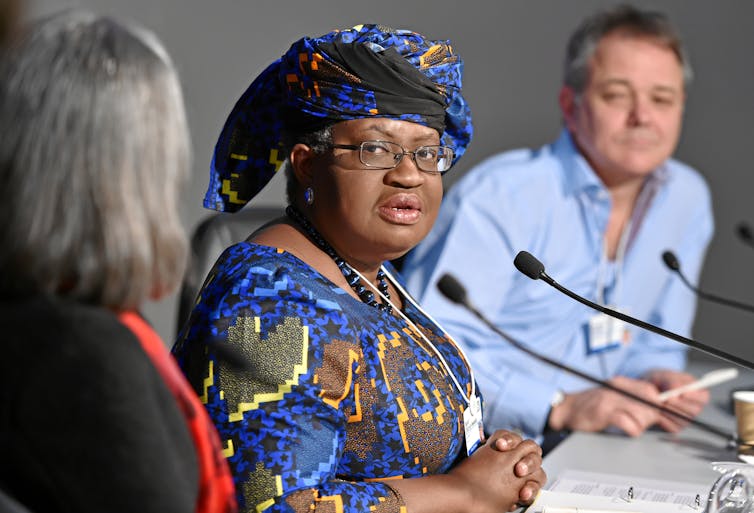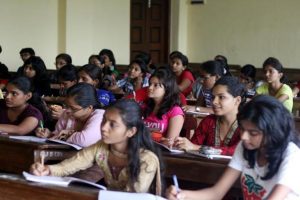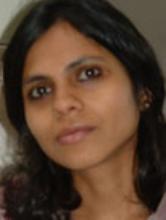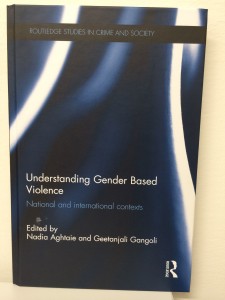
People around the World are currently engaged in 16 days of activism against gendered violence. Communities across different nations are challenging the inequality which some men interpret as an excuse to violate and oppress those, predominately women and children, who are more vulnerable than themselves.
This image is being used with permission from J.Fleming
This is a global phenomenon which has landed in the middle of our city of Bristol. I drove past the Premier Inn on my way to work this morning. The same hotel where last week it was revealed that a young, vulnerable, girl of 13 had been raped and sexually abused by a group of men who had been grooming her for sexual exploitation. That building used to house Bristol Social Services.
It is possible that I have met this young woman, or someone like her, during the course of our research on the needs of homeless women or in the recent evaluation of a nearby Child Sexual Exploitation project.
She could be Jasmine, not her real name, who we first met when she was 19.
But when I got kicked out the last time, that was the only person who I could go to … but he’s on like a paedophile thing, he’s on the sex offenders for life … and he’s just not right in the head. […] Not … he never done nothing to me … or that I know about … cos he could have done it when I was asleep … but I never felt safe there. It was just horrible. (Jasmine, age 19)
When we spoke to her again, she told us
When I think back to that I do get very paranoid thinking he might have put stuff in my drink and … cos I just would not put it past him. And … but I try not to think of it, cos I’d never find out now. (Jasmine, age 19)
When Jasmine told us about this she did so with a resignation and matter of fact honesty. She genuinely does not know, on that occasion, if she was sexually assaulted or not. The rest of Jasmine’s story has an inevitability about it, for example she told us about both her current and ex- ‘boyfriend’:
One time my ex-boyfriend, he hit me before … this was like proper punches to the head … never got the police involved when I should have. But this one’s a bit different – although he’s physical, he’s like in your head. That’s what he’s more like – he tries brainwashing you. (Jasmine, age 19)
And about how she coped with alcohol and drugs:
I know it sounds stupid, but I was just thinking a bit religiously and thinking it’s not natural, this is not what God like wanted you to do – take drugs and drink all the time. There’s got to be more to life than that (Jasmine, age 19).
Speaking with older homeless women, the vast majority of whom had experienced domestic or sexual violence throughout their lives and used alcohol and drugs as a coping strategy, demonstrates how the abuse of vulnerable girls and women continues overtime with immeasurable personal costs.
Blossom was 52 when we spoke to her:
[…] this person I’d known from last year, […] he harassed me going along the road, he wouldn’t leave me alone … he said “I need to talk to you” … and the outcome was I was assaulted […] And you see the thing is I knew him when I had nowhere to live, and I stayed there for a night. And people don’t realise how vulnerable you are when you have nowhere to go. […] you’re vulnerable to all sorts of people. And believe me I’ve met people that are not nice, and they take advantage of the situation. (Blossom, age 52)
Or Daisy and Ginger who spoke to us about staying in a mixed homeless hostel:
[…] the mixed [shelter], it ain’t safe in there because being women, sometimes I’d get a lot of attention from men, you know? […] you don’t like waking up in the night getting touched or things going that shouldn’t be going on, you know what I mean? (Daisy, age 30)
Yeah it’s mostly men, there’s only four women there. It can be a bit agitating, cos the men there think they can just grab you when they’re drunk and do what they like, you know, but they can’t really can they? (Ginger, age 49)
The Bristol case yet again highlights the abuse and exploitation of vulnerable girls but it also challenges us all, as a society to reconsider how we respond to victims and how we all contribute to the reality in which abusive behaviours, across the continuum from wolf whistling to rape, are experienced and understood.
Whilst the media is rightly abhorred by the rape and sexual exploitation of young vulnerable girls, it doesn’t ask about the wider dynamics of gender and power which contribute to such abuse taking place. When exploited girls talk about perpetrators as their ‘boyfriends’ it is in a context where society teaches young women to judge their self-worth on the basis of women’s objectification in the eyes of men. Where they are bombarded by objectifying images on a daily basis in our newspapers, on TV, and on the cover of magazines. Where senior executives from one of our national TV stations think it is ok to represent the harassment and abuse of women as tongue in cheek comedy entertainment.
In Bristol we have a council that sanctions licenses for sexual entertainment venues – whilst simultaneously seeking to educate young people in the city about respectful relationships. What we need to realise is that the violence and abuse experienced by women and children is inextricably linked to gender and inequality. If we fail to challenge the latter, we fail to address the root causes of abuse and let victims and survivors down.
Dr Emma Williamson
Anyone who wishes to donate to a local Bristol charity which works with vulnerable women in relation to sexual exploitation might wish to donate to:
http://one25.org.uk/
http://www.sarsas.org.uk/







